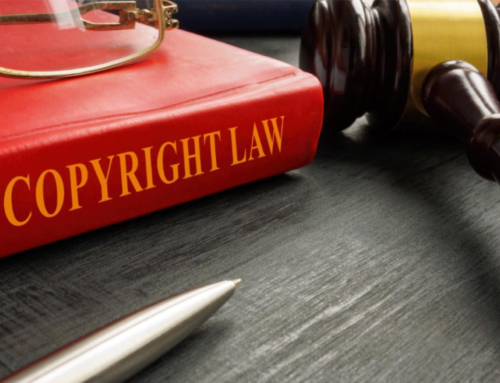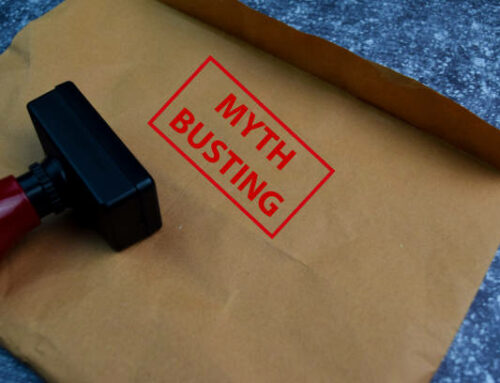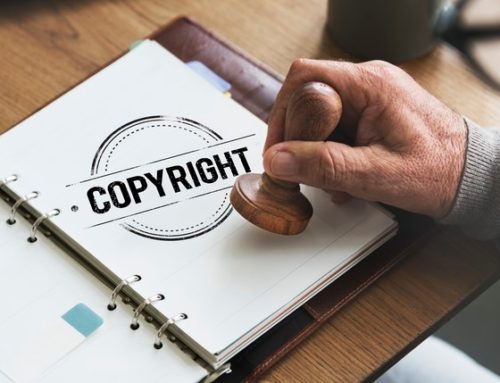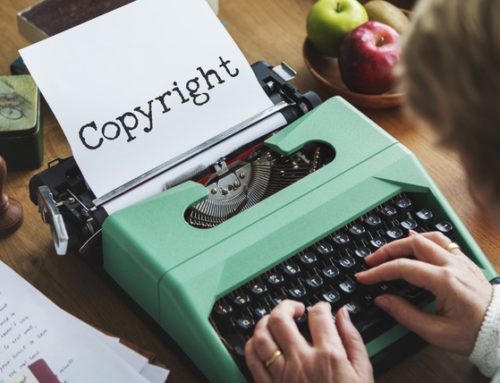How Can I Avoid Copyright Infringement?
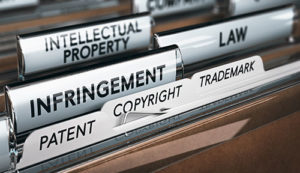 Copyright law protects the creative works of expression such as music, the written word, photographs, and paintings, but it also protects creations such as software code, engineering designs, architectural plans, and more. Copyright protections include the exclusive rights to reproduction, distribution, public performance, and the right to create derivative works. Simply put, the author or creator who owns the rights to the work can decide if and how others use his or her creation.
Copyright law protects the creative works of expression such as music, the written word, photographs, and paintings, but it also protects creations such as software code, engineering designs, architectural plans, and more. Copyright protections include the exclusive rights to reproduction, distribution, public performance, and the right to create derivative works. Simply put, the author or creator who owns the rights to the work can decide if and how others use his or her creation.
In this digital age where it is easy to upload, download, reproduce and distribute information, it is also easy to infringe on other people’s original works, whether unpublished or otherwise. You can sue or be sued for unauthorized use of copyrighted works. Therefore, it is crucial to be aware of copyright laws to avoid possible lawsuits.
Copyright law is one of the most widely misunderstood areas of law. But there are simple ways to avoid infringing somebody else’s rights.
Be Cautious If It Is Not Your Original Work
If you did not create it, the work is not yours to use freely, even if there is no copyright symbol. Nowadays, the best way to prevent copyright infringement is to always assume that a given work is protected by copyright unless you can reliably confirm that it is not. This is usually applicable for information available online. If you can search for it, there is a good chance someone has the rights to it. Look for the license or permissions before you use anything that isn’t yours.
Be Aware of Copyright Exceptions
Although ignorance is not a defense, there are some exceptions to copyright infringement laws. One exception is called “fair use,” which is often associated with noncommercial purposes such as criticism, commentary, or teaching. The concept is that if you are using a photo or an article for educational or non-commercial purposes, then you may be exempt from infringement. As such, you need to be very careful on the exact purpose of the use, the extent of the use, how substantial it is, and the impact such use would have on the work’s market value. If you are unsure, it is often best to err on the side of caution and avoid using the copyrighted work. Otherwise, seek permission for use from the copyright holder.
Be Conscious of the Limits of Copyright
In order to fully appreciate how to prevent copyright infringement, you need to remember that in some circumstances, protection is not applicable. Facts and ideas are generally considered to be in the public domain.
As such, you can write your own version of a history book based on available records of historical events. However, writing a book based on another person’s work would be considered infringement, as facts and ideas as presented by a writer are considered original thought protected by the law – unless the copyright has lapsed and the work has entered the public domain.
While the general rule is that pre -1923 works are considered public domain, in certain cases, they might still be protected by federal copyright law. As such, you should always exercise caution and investigate the copyright status of works you want to use. Otherwise, you may be sued for violating copyright laws
Be Well-Guided by Legal Professionals
Intellectual property law is a dynamic field. Even if the law is clear, the effect may not be so black and white. A complex IP issue and the unnerving questions that come with it may be best answered by an experienced IP lawyer in Washington.
Our Washington DC intellectual property attorneys at War IP Law have significant experience litigating and resolving copyright disputes in a number of contexts and industries, and on behalf of both plaintiffs and defendants. This experience may help in all stages of the dispute resolution process, from initial case evaluation through settlement efforts and even trial. Call us now for a free initial case evaluation.

